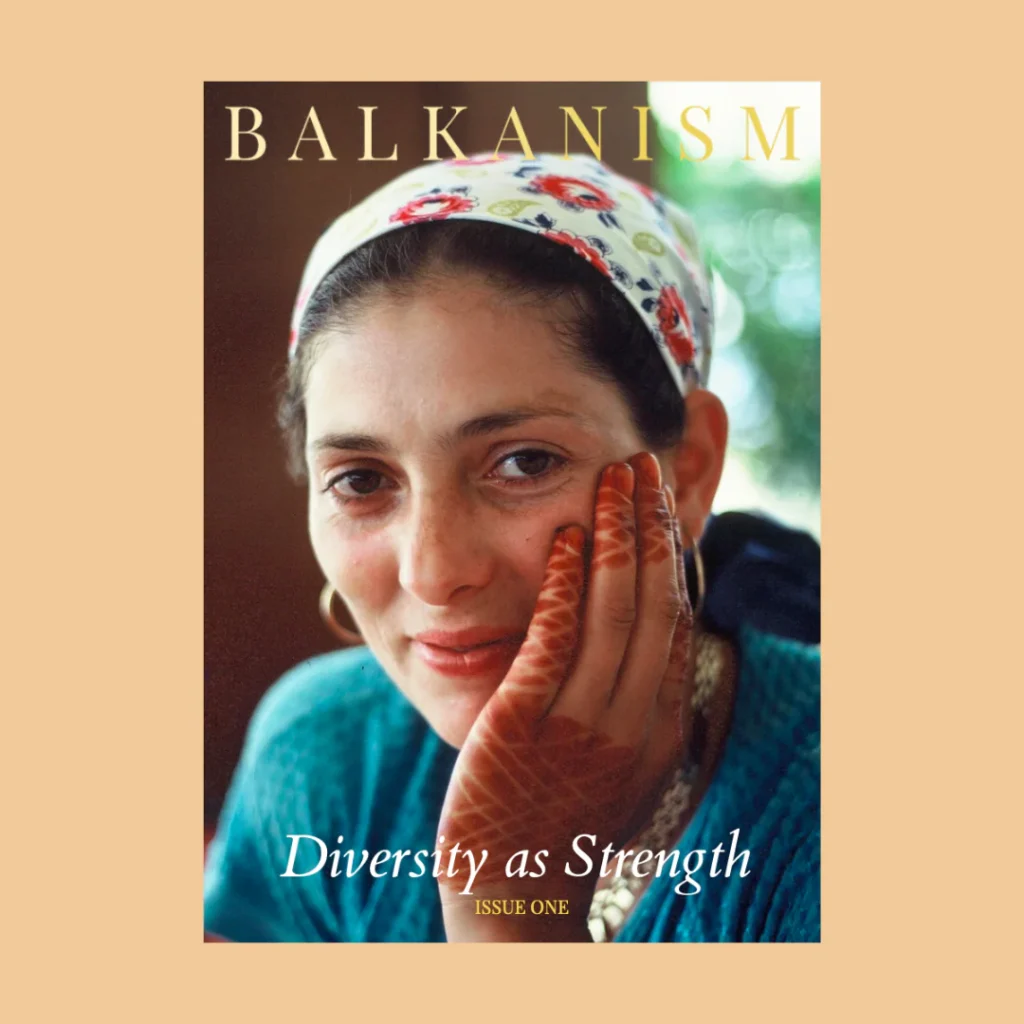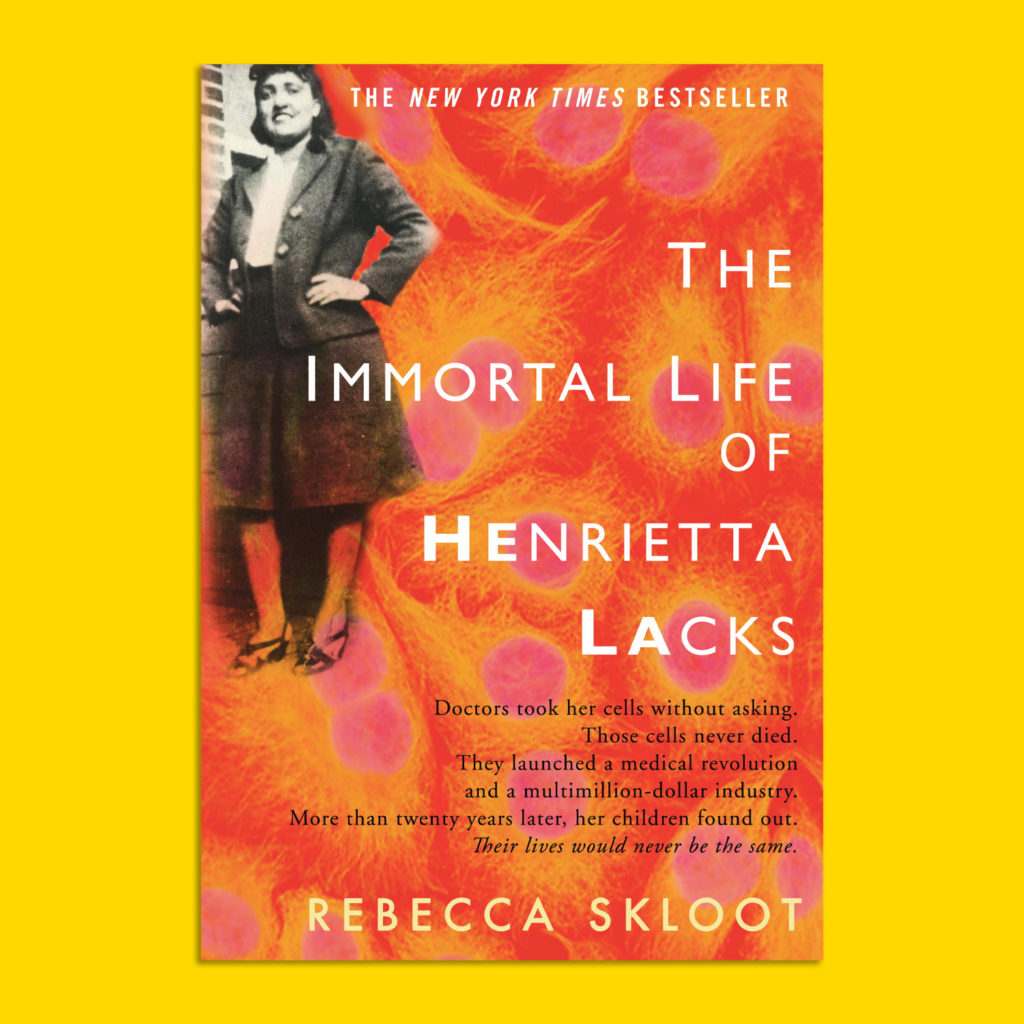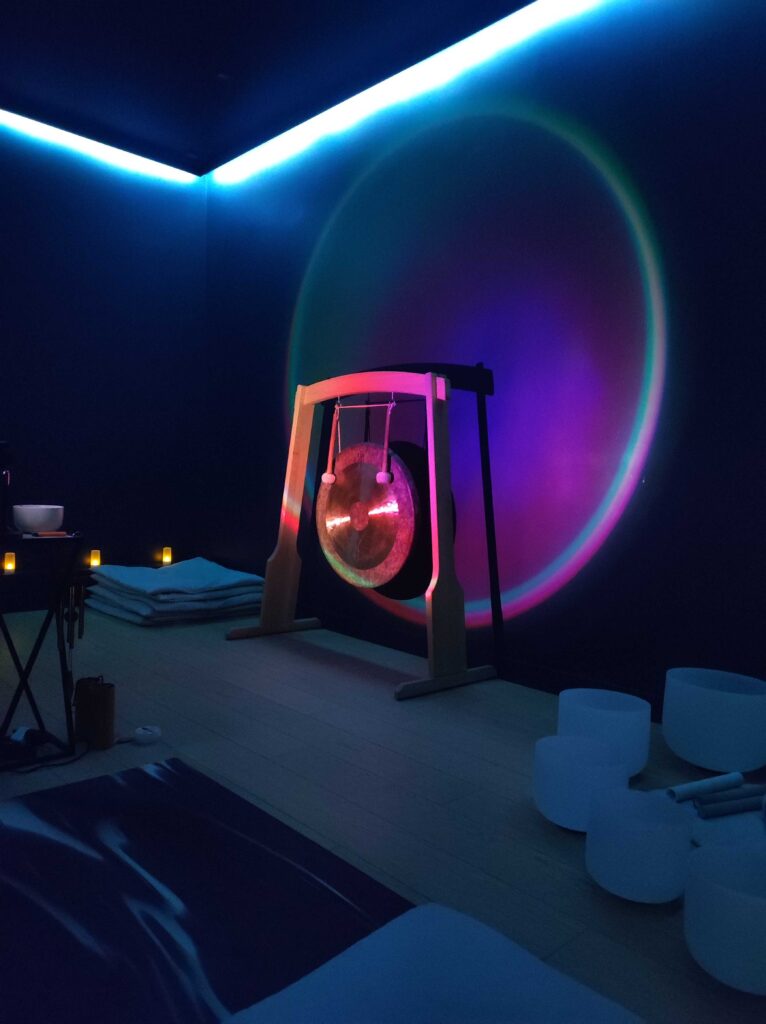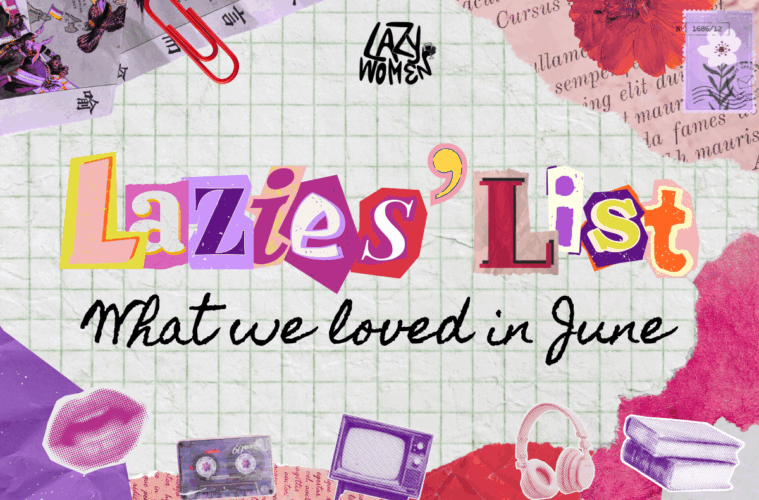Summer’s here and with it, that old ingrained feeling from our childhoods that anything and everything is possible and that time moves completely differently compared to the other seasons. There is a line in Ocean Vuong’s poem Because It’s Summer that comes to mind as I write this that goes like this ‘It’s June after all & you’re young until September.’ This month’s Lazies’ List is partly an ode to that and partly an invitation to go find that feeling, however it may look for you.
Whether you’re searching for something to read by the water, a show to binge watch while hiding away from the heat, an album to blast away in the car or are on the look-out for the next perfect activity for these long summer days, we have you covered.
READ
Teodora is reading Balkanism: Diversity as Strength.

As a Romanian, I have the (sometimes dubious) honour of being able to claim multiple collective identities and therefore, relate to an obnoxious amount of memes and other less fun things (the news, history pages, sociological studies…) on the internet. Alas, I haven’t spent June collecting memes about being Balkan but rather I finally got around to dive into the first issue put out by Balkanism, a digital archival platform and publication focused on Balkan identity, history, culture, diaspora experiences, and social rights issues. Rightly called Diversity as Strength, the magazine is a love letter to the multitudes of identities contained by the Balkans, and a challenge to mainstream narratives associated with the region and its people. Why, Balkanism, the name of the publication itself, is a reclamation of a term that often throughout history has been used pejoratively in Western discourse; by the beginning of the twentieth century, balkanism was synonymous with underdeveloped, semi-civilised, aggressive and intolerant.
Through a well-curated mix of essays, poetry, photography and prose, Diversity as Strength takes the reader on a journey populated by multi-faceted and complex characters and stories. For other Balkan readers, there is an undeniable familiarity that grows page by page. We may be from different countries, but the sight of grandmothers with faces weathered by time and longing, heads covered by colourful scarves, belongs to all of us. So do, unfortunately, the tensions and frustration that appears when parts of your identity are deemed incompatible with the traditional norms that shape public identities of your country and region. That is what this work does well. While the publication is a celebration of diversity, it doesn’t fall in the trap of romanticising the systemic issues faced by Balkan countries. Queerness and colour of the skin aren’t glossed over; they are essential elements of the conversation and they exist in the context of the world as it is, rather than how we wish it were.
Balkanism’s first issue is an essential read for everyone, not just Balkan people. It educates without preaching, fights back against ignorance and harmful stereotypes without raging and shows the Balkans through the eyes of those who know it- and love it- best.
Aarushi is reading The Immortal Life of Henrietta Lacks.

Finding myself in a reading slump for months which turned into nearly one year of not picking up a book and exercising my brain cells a little, I scourged Goodreads to give me recommendations of books on women. I usually go for fictional books, while now and then dabbling in non-fictions and memoirs, so when I found The Immortal Life of Henrietta Lacks, authored by Rebecca Skloot, I found myself intrigued with the intersections of science, women’s health and racism in the American land mentioned in the synopsis.
The author takes the reader on an extraordinary journey of Henrietta Lacks, though scientists know her as HeLa. She was a poor Southern tobacco farmer inflicted with a vicious tumor, yet her cells, taken without her knowledge, became one of the most important tools in medicine. Her cells are still alive today and became the first “immortal” cells, though she has been dead herself for more than sixty years. HeLa cells were vital for developing the polio vaccine, they uncovered secrets of cancer, viruses, and the atom bomb’s effects, and helped lead to important advances like in vitro fertilization, cloning, and gene mapping.
What’s most groundbreaking about this book was the fact that for the first time in history, Henrietta’s life, her illness and her family were honoured, all of which was kept in dark for decades by the actors of the science and medicine world. No one cared for her family, or if they even knew what HeLa cells were and what they did for the world, or if her family was able to afford healthcare for themselves while HeLa cells were sold for billions. This piece of work was thus important, as it also shed light on the racist practices of the John Hopkins hospital towards black patients (especially the still-present disparities in healthcare), the capitalistic greed of doctors and scientists, and the legal debates on right to body in age of research and advancements in science.
WATCH
Julie: Atypical on Netflix – Autism Finally Nailed?

Having recently renewed my Netflix subscription, I’ve been looking for light, easy shows to have on in the background while doing chores. I usually go for those in the ‘20-minute laughs’ category. However, this show — despite being a coming-of-age comedy — immediately grabbed my attention and was quickly promoted to my morning show, the one I watch before work with all eyes on the screen.
Atypical tells the story of Sam, an 18-year-old on the autism spectrum, and his family. Sam is navigating the everyday challenges of dating, independence, and figuring out what it means to grow up, while his family members also deal with their own struggles — from his overprotective mother trying to let go, to his father learning to connect with him more deeply, to his sister balancing her own identity with supporting her brother. The show does a great job of portraying how autism affects not just the person diagnosed but the entire family dynamic, while still keeping the tone light and heartfelt. It balances humour with genuinely moving moments, avoiding the usual clichés that so often flatten autistic characters.As an autistic girl myself, I found many scenes spot-on and relatable. I absolutely recommend it — it’s not just another show dissecting autism, stuffing it with stereotypes. Atypical features likable and authentic characters, a brilliant cast, a great soundtrack, and moments that will make you laugh at Sam, root for Casey’s relationship and feel frustrated about Elsa’s behaviour.
LISTEN
Zsofi: I Quit by HAIM – Breakups, road trips, situationships, freedom
The surprise of the summer for me is Haim’s brand new album, I Quit. While I didn’t really enjoy the singles when they came out one by one, I now find myself listening to the full album on repeat.
A breakup album that isn’t quite one, it’s a mature yet cheeky exploration of the messy post-breakup state – when you don’t really know where your head’s at. Little pockets of freedom open up, filled with a hunger for raw desire (“All Over Me”), mixed with nostalgic outbursts for what once was (“Take Me Back”), a sudden sense of trusting your gut beyond reason (“Down to Be Wrong”; “Everybody’s Trying to Figure Me Out”), and raw anger (“Blood on the Street”). There’s always an underlying sense of melancholia, mixed feelings, and the persistent question of why it always ends like this (“Relationships”; “Cry”; “Gone”).
The album is inspired by lead singer Danielle’s breakup with Ariel Rechtshaid, who had produced the trio’s last three albums. This time, Rostam Batmanglij steps in as co-producer alongside Danielle – hence the signature Vampire Weekend–y piano chords show up often, especially in the bridges of tracks like “Now it’s Time”, “Love You Right” and “The Farm.”
Overall, while melodically the album is perhaps less convincing than Women in Music Pt. III (2020), and definitely less iconic than the band’s pop-anthemic debut Days Are Gone (2013), I Quit is a welcome surprise—one that couldn’t resonate more with my own complex emotions right now.
DO
Zsofi’s quintessential summer bucket list:
- Take yourself to a solo exhibition date. I got my eyes set on Wolfgang Tillmans’ show in Centre Pompidou.
- Listen to an album in full, with your whole focus dedicated to it from start to finish. Only daydreaming is allowed. Recommended albums include the new Lorde or Loyle Carner.
- Make these delicious-looking Eastern European sweet treats made (somewhat) healthy.
- Turn.off.your.phone. For a whole day at least. See what happens. Be present.
- Throw a picnic party with your local friends.
- Plan a girls’ vacation with your besties or sisters, or both.
- Reconnect with someone you lost touch with.
- Organize a clothes’ swap between your friends.
- Buy a disposable camera. Document the sweetest moments to look back onto after the summer.
- Send a postcard to someone you love. Doesn’t matter if they’re near or far, just let them know they’re on your mind.
Eve’s must see band:
As summer whispered its arrival in early June, the ethereal sounds of Franco-American dream-pop duo Beach House drifted over the fields of Paris’ We Love Green festival, transforming the stage into a reverie under the setting sky. They had been on my band bucket list since my late teens, and finally watching the band from Baltimore perform was not only magical but also moving.
Beach House are the type of band that makes you feel like you’re living in a lucid dream. Their shimmering synths and Victoria Legrand’s velvety vocals mesmerise, and when paired with Alex Scally’s subtle yet immersive instrumentation, pull at something nostalgic that you can’t quite put your finger on. Through their music, they can evoke the same sort of feeling you get from shuffling through old photographs or unexpectedly catching a scent that pulls you back to childhood.
Standing under the soft glow of the peach-coloured sky, at the age of thirty-one, finally watching them live, made me feel both transported and emotionally anchored all at once. Hauntingly beautiful as ever, their performance was proof that music is an essential part of the human experience and a constant companion. A defining start to the summer 2025 festival season.
OBSESS/INDULGE
Aleli’s obsessed about Bloom: A studio for mindfulness, movement, and then some…
As someone who loves a good yoga or mat pilates class, I’m often hopping around and looking for studios to practice in. And I’m always happy to find a studio that offers more than movement classes, but also caters to moments when what you need is some grounding and relaxation.
That’s what I love about Bloom.

Bloom is a studio in the center of Paris and they have regular small group classes for yoga, pilates, different styles of meditation, and sound bath. The classes are held in their day and night-themed rooms that are both thoughtfully decorated with plants and lighting fixtures which help set the mood for the sessions. The meditation and sound bath classes also come in 60 and 30-minute formats, which I find also helpful for days when you just can’t commit to an hour-long practice.
And last, but definitely not the least: the salt room. Take a little reset in a room with walls and a floor of himalayan salt. Bring a book, enjoy some herbal tea (which is always available at the studio), and just disconnect for a few minutes. It’s a great way to have a bit of quiet, alone time.
So, if like me, you’re looking for a more varied approach to your fitness and wellness routine (because let’s face it, sometimes we don’t need or want to work and sweat it out), definitely check out this space.
Contributions by Zsofi Borsi, Eve Hebron, Teodora Strugaru, Aarushi Mittal, Julie Antropova & Aleli Mesina.
Illustration by Gretchen Blackwell.

